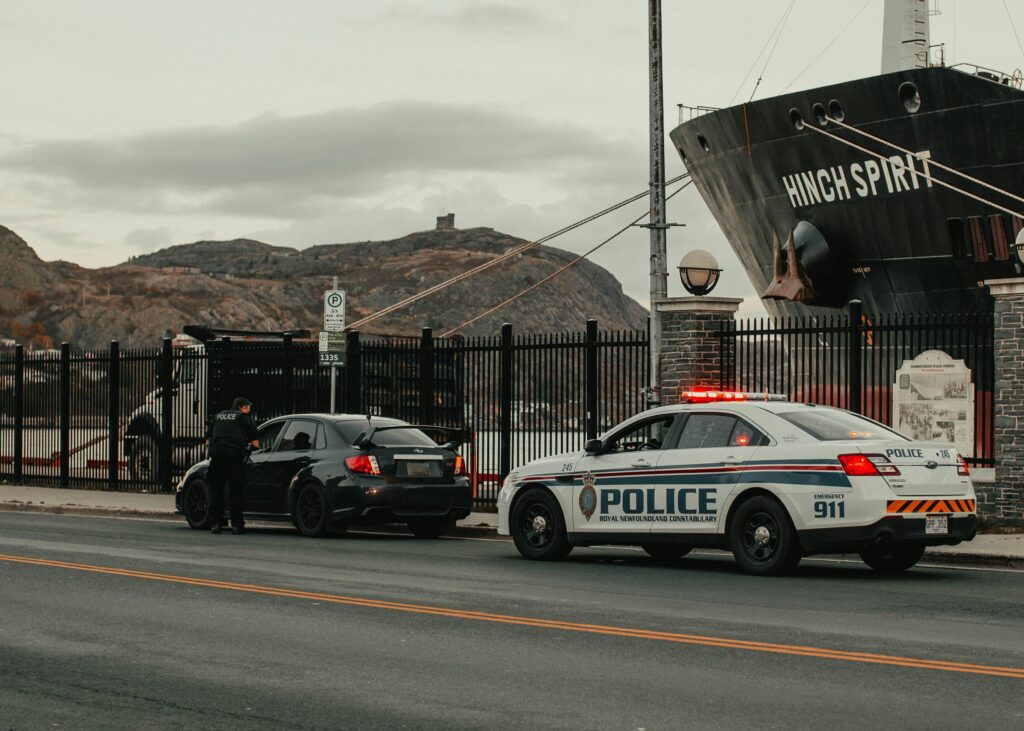Receiving a traffic ticket in Florida can be a stressful and irritating experience, but you have to handle the situation calmly and be well-informed about your rights and options. Whether you’re a resident or visitor, this guide will provide you with step-by-step instructions on what to do to navigate the process effectively.
1. Carefully read the ticket
Before you do anything, read the ticket itself. It contains important information, including the specific violation, the amount of the fine, the due date of the payment (or contesting the ticket), and instructions for how to proceed. These details lay the groundwork for your next actions and whether you choose to pay the fine or contest it.
2. Evaluate your options
A traffic ticket in Florida will always result in a fine and points on your license. Based on the amount and implications of accepting it, you may choose to do one of three things:
-
- Pay the fine: This is the easiest way to get the process done and over with. However, it will result in points on your license, insurance rate hikes, and, in the case of something serious like a pedestrian accident as a result of speeding, further action.
- Go to traffic school: You may be eligible for a reduction in points and/or fine if you complete a state-approved traffic school course within 60 days of the citation. Your eligibility will be stated on your ticket.
- Contest the ticket: If you believe the ticket was unjust or incorrect, you might choose to fight it in court. This involves pleading “not guilty” and attending a hearing before a judge. You’ll also need evidence to back your claims.
3. Determine your next move
The biggest factor in your decision will come down to the situation surrounding your incident. For example, Florida stop sign ticket costs are generally lower than speeding tickets (which range from $129 to $529 on average), and you may be able to get them dismissed if you’ve had a flawless driving record until now. If you were going 25 miles over the speed limit and you’re facing a massive fine, you might want to try to get it reduced.
There are also plenty of cases where the police officer makes a clerical error or the equipment on their end malfunctions. If you have any evidence to support your claim, such as an incorrectly dated ticket or proof they didn’t clock you speeding on a radar gun, you could easily get the ticket dismissed.
4. Consider hiring a traffic ticket lawyer
If you do choose to contest your traffic ticket, you’ll definitely want to hire an expert. They’ll help you navigate the complex legal system, and potentially get your ticket reduced or dismissed with minimal effort on your part.
Keep in mind that hiring a lawyer will incur additional fees. It’s best to take this route when you’re confident you’ve done nothing wrong and you’re more concerned about the points on your license than the actual cost of the ticket.
Endnote
While getting a traffic ticket is obviously never ideal, how you handle it can dramatically affect the outcome of your case. Carefully read the ticket, be well-informed about your rights and options, and carefully consider the best course of action for your specific situation. Most importantly, take it as a learning experience to follow the rules of the road.

